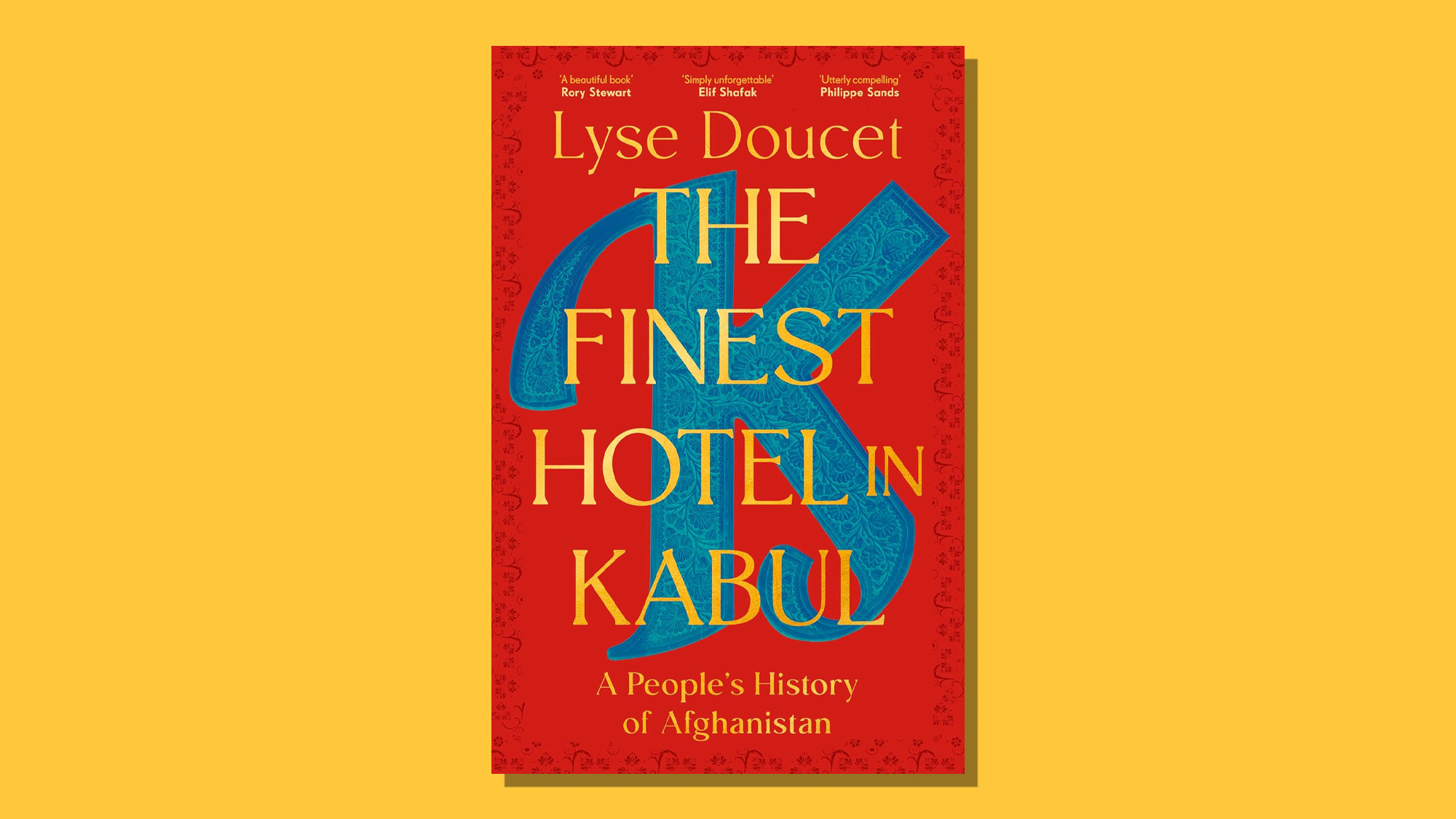The Finest Hotel in Kabul: a ‘haunting’ history of modern Afghanistan
Lyse Doucet’s sensitively written work traces over 50 years of Kabul’s ‘Inter-Con’ hotel

A free daily email with the biggest news stories of the day – and the best features from TheWeek.com
You are now subscribed
Your newsletter sign-up was successful
The Inter-Continental Hotel in Kabul has “been witness to many events of moment” in Afghanistan’s recent history, said Bijan Omrani in Literary Review.
In the 1970s, it was a “cosmopolitan watering hole” where “princes, diplomats, spies and journalists” mingled. After the Soviet invasion of 1979, “Red Army advisers” would sip vodka in its bar, while “rustic mujaheddin warriors got stuck in the revolving glass door”. In late 2001, after 9/11, it “hosted a gathering of Taliban clerics, who decided against handing over Osama bin Laden to the United States”. During the US-led occupation that followed, it was attacked several times by suicide squads.
Now the BBC correspondent Lyse Doucet has written a moving, richly detailed history of the hotel, which doubles as a portrait of modern Afghanistan. She is ideally placed to write such a book: having regularly stayed at the “Inter-Con” over the years, she knows both it and the country well; and she has an “extraordinary sensitivity to the experiences of individuals, no matter their station”.
The Week
Escape your echo chamber. Get the facts behind the news, plus analysis from multiple perspectives.

Sign up for The Week's Free Newsletters
From our morning news briefing to a weekly Good News Newsletter, get the best of The Week delivered directly to your inbox.
From our morning news briefing to a weekly Good News Newsletter, get the best of The Week delivered directly to your inbox.
When the Inter-Con opened in 1969, Afghanistan was “unimaginably different from today”, said William Dalrymple in The Guardian. A modernising monarch, Zahir Shah, was on the throne; Kabul was known as the “Paris of the east”. “Memoirs of the time describe a world of mini-skirts, jazz clubs, bowling alleys and ice cream parlours.”
All that was swept away – by coups d’état and assassinations, the Soviet invasion and the Taliban (who banned the Inter-Con’s waiters from wearing bow ties, as they looked like crosses). Yet through it all, the hotel remained open – becoming, as Doucet suggests, a “moving symbol” of the country’s “ability to endure whatever horrors fate has thrown at it”.
Well-known figures flit through these pages, said Justin Marozzi in The Sunday Times: Ahmad Zahir, “the Elvis of Afghanistan”; Mullah Omar, the “one-eyed Taliban leader”. But it’s the portraits of ordinary people that make the strongest impression, including the staff at the Inter-Con: Hazrat, a “housekeeping supremo”, who was sacked after decades of service; the “superbly inventive” chef Abida, who was famed for her “mantu dumplings stuffed with delicately seasoned meat”. More than just a history, this “haunting, hopeful and occasionally harrowing” book is a “love letter to Afghanistan and its people”.
A free daily email with the biggest news stories of the day – and the best features from TheWeek.com